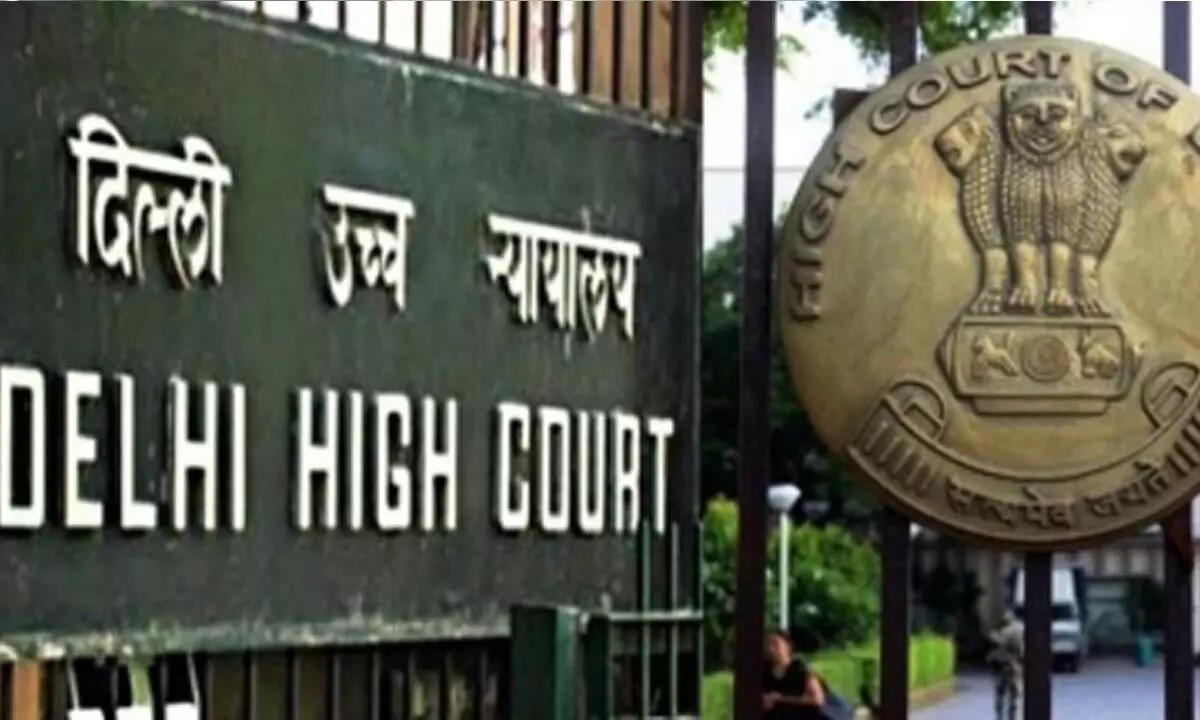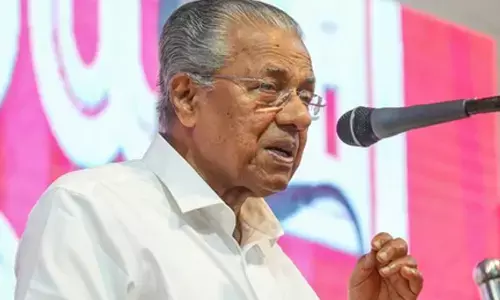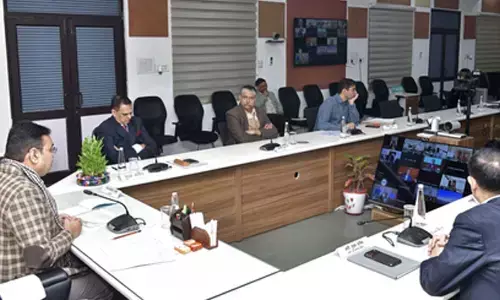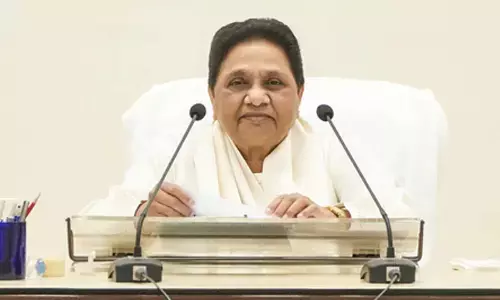Convenience of colony residents should not override broader public interest: Delhi HC
Share :

The Delhi High Court has observed that the convenience of colony residents should not override the broader public interest concerning the ingress/egress of children from a school located in the area.
New Delhi: The Delhi High Court has observed that the convenience of colony residents should not override the broader public interest concerning the ingress/egress of children from a school located in the area.
A bench, headed by Justice Subramonium Prasad, made the observation as it dismissed a review petition seeking modifications to a prior order, to propose that parents using private cars drop their children outside the Paschim Vihar colony, with the school responsible for managing traffic issues.
The complaint centred on the heavy congestion caused by parents' vehicles in the colony, where approximately 475 families resided.
Justice Prasad stated that expecting primary school children to traverse the distance between the school and the colony gate in adverse weather conditions was impractical. He said that the review petitioner should approach authorities to address the traffic concerns.
The court maintained that the school operated with valid permission, and attempts to re-argue the case were dismissed.
Saying that stopping ingress and egress to the school would create issues for both the school and the public, the court noted the limited scope of review, finding no apparent error on the record.
It granted liberty to the review petitioner to seek a solution from authorities to manage traffic and instructed coordination with local residents. It observed that cars dropping/picking up children could not remain in the colony for the entire school duration.
Initially, the petitioner school sought a mandamus to ensure free ingress/egress, citing closed service lanes in the Paschim Vihar area. The writ petition was disposed of, permitting the petitioner to return if future hindrances to ingress/egress occurred.
















